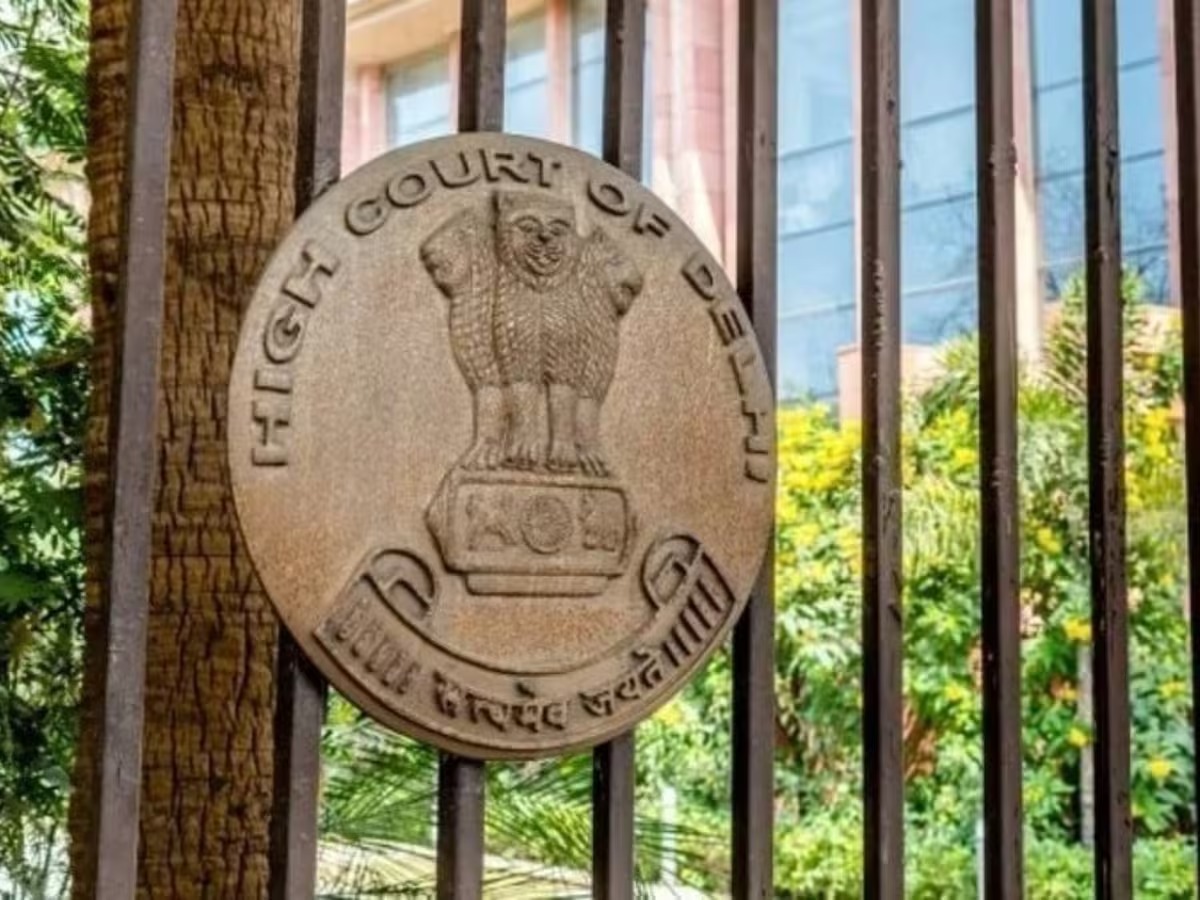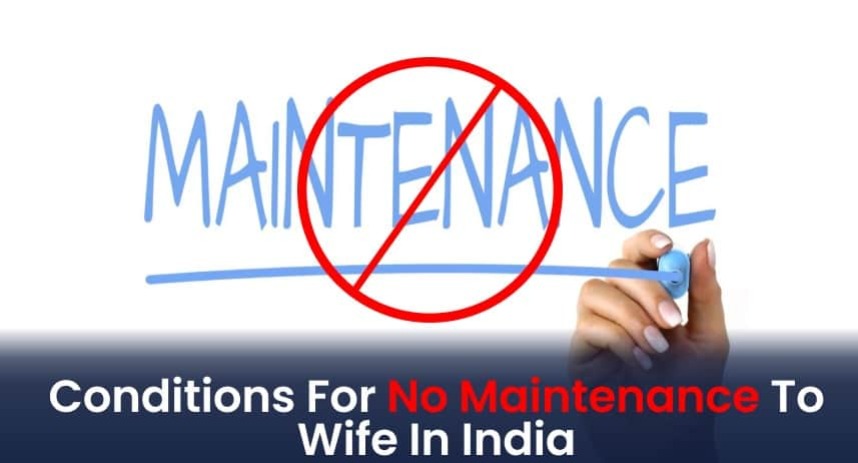Sanjay Misra, J.@mdashNone has appeared on behalf of the applicant. Learned standing counsel for the opposite party is present.
2. It has been stated that this contempt petition has been filed u/s 12 of the Contempt of Courts Act for punishing the respondent for wilfully and deliberately violating the order dated 12.10.2006 passed by this Court in Writ Petition No. 49015 of 2005.
3. The submission of learned counsel is that in view of Rule 5 of Chapter XXXV-E of the Allahabad High Court Rules, 1952. this petition has become infructuous. Learned standing counsel has also relied on a decision of the Hon''ble Supreme Court in the case of
4. Having considered the submission of learned counsel for the respondent and gone through the record it appears that orders of this Court alleged to have been violated were passed in the year 2006 and the contempt petition has been filed in the year 2007 alleging therein a cause of action of the year 2006. However, it is quite apparent that no notice has been issued by this Court till date.
5. Rule 5 of Chapter XXXV-E of the Allahabad High Court Rules, 1952 is quoted hereunder:
Such allegations contained in the petition as appear to the Court to make out a prima facie case of contempt of Court against the person concerned, shall be reduced into charge or charges by the Court against such person, and notice shall be issued only with respect to those charges:
Provided that the Court shall not issue notice if more than a year has elapsed from the alleged act of Contempt of Court.
Section 20 of the Contempt of Courts Act, 1971 provides for a limitation for actions for contempt and no proceedings can be initiated after expiry of a period of one year from the date the contempt is alleged to have been committed.
6. The Hon''ble Apex Court in the case of Pallav Sheth (supra) in paragraph 44 has held as quoted hereunder:
44. Action for contempt is divisible into two categories, namely, that initiated suo motu by the Court and that instituted otherwise than on the Court''s own motion. The mode of intimation in each case would necessarily be different. While in the case of suo motu proceedings, it is the Court itself which must initiate by issuing a notice, in the other cases intimation can only be by a party filing an application. In our opinion, therefore, the proper construction to be placed on Section 20 must be that action must be initiated, either by filing of an application or by the Court issuing notice suo motu, within a period of one year from the date on which the contempt is alleged to have been committed.
7. Chapter XXXV-E of the Rules of Court govern the presentation and hearing of contempt of court cases in this Court under the Contempt of Courts Act, 1971. The proviso to Rule 5 provides that this Court shall not issue notice if more than one year has elapsed from the alleged act of contempt of Court. Therefore, whereas there is a limitation for initiation of proceedings for contempt u/s 20 of the Act the rules of Court also provide that no notice shall be issued if more than one year has elapsed from the alleged act of contempt of Court. The pendency of a contempt petition for more than one year after the alleged act of contempt and no notice having been issued even thereafter would not enable this Court to continue to keep the petition pending indefinitely. Such petitions as are barred u/s 20 of the Act and Rule 5 of Chapter XXXV-E of the Allahabad High Court Rules, 1952 require to be dismissed.
8. In the present case admittedly no notice has yet been issued and therefore, after lapse of more than one year the provisions of Rule 5 of Chapter XXXV-E bar issue of notice now.
For the reasons stated above this contempt petition is dismissed.
No order is passed as to costs.

